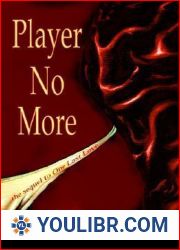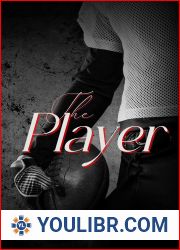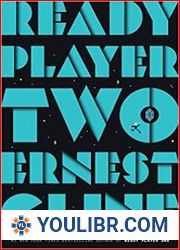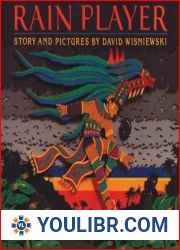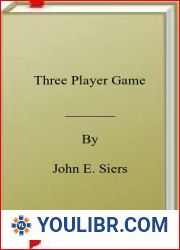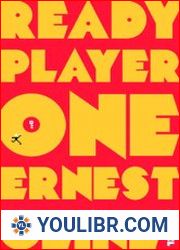
BOOKS - If I'm the Better Player, Why Can't I Win?


US $9.98

618299

618299
If I'm the Better Player, Why Can't I Win?
Author: Allen Fox
Year: March 26, 2012
Format: PDF
File size: PDF 8.9 MB
Language: English
Year: March 26, 2012
Format: PDF
File size: PDF 8.9 MB
Language: English
INTRODUCTION "If I'm the Better Player, Why Can't I Win?" was my first book and the first book of its kind written in tennis. Its aim was to identify the important mental factors that allowed some few great competitors to become extraordinarily successful. It's very popular predecessor, "The Inner Game" by Tim Gallwey, had been written earlier, but it was more of a Zen approach and made little attempt to be scientific or focus specifically on how to go about winning. In fact, the whole field of sports psychology was in its infancy, so I was breaking new ground. Because I was, in the early 1970s, the only Ph.D. psychologist who had been a world-class tennis player, Tennis Magazine had approached me to write a series of articles about the mental game. Each was simply a compilation of my own experiences on court mixed together with my studies for a Ph.D. in psychology, and used in an attempt to identify and analyze the mental issues involved in winning tennis matches. (Many have since become incorporated into the literature of sports psychology.) Ultimately, Tennis Magazine induced me to get together with Richard Evans, a noted and excellent tennis journalist, and write a book on the topic, which they would publish and distribute. Thus in 1979″If I'm the Better Player, Why Can't I Win?" was first released. Later there was a second printing, but for the past 15 years it has been out of print. Popular demand has motivated its release in electronic form. It has been almost 35 years since Richard and I wrote this book, during which time I have coached, consulted with players, and read the new literature. My concepts of competition have broadened and some of my early theories seem to me now, with 20-20 hindsight, a little rudimentary and maybe naive. But the many examples are accurate, informative, and even, I hope, interesting. And since the human mind has not changed, there is much information in the book that is as useful today as it was when it was written.














